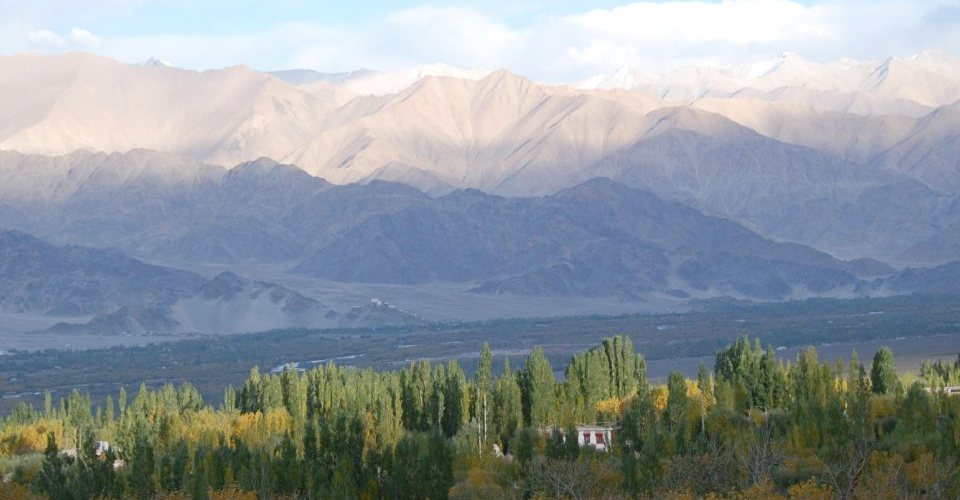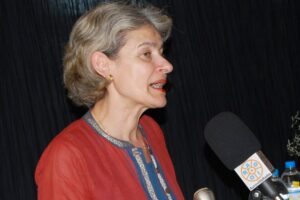Interviews with Thupstan Chhewang, MP, former Chairman of the Ladakh Autonomous Hill Development Council
- The State government does not want us to be effective – August 6, 2002 (Rediff.com)
(About opening up the Tibet border). We requested the Government of India to take up the matter with the Chinese authorities during the course of their border discussions. If the Chinese agree, this route can be opened. Today, it seems that the Chinese do not agree…
- No point in keeping Ladakh as part of J & K – August 5, 2002 (Rediff.com)
We are still demanding UT status. We feel that the state of Jammu & Kashmir is composed of three distinct regions, Kashmir, Jammu and Ladakh which have nothing in common. Ethnically they are different; their language and cultures are different, their needs and requirements are totally different. Even ecologically, we fall in a different zone. We have been saying that Ladakh possesses all the norms to create a separate state, unfortunately because of the Kashmir issue, nobody is ready to consider our demands.
- ‘India is soft on Chinese intrusions’ – March 27, 2008 (Rediff.com)
In 1995, after years of protests, the people of Ladakh were finally granted a special status with the formation of the Ladakh Autonomous Hill Development Council. This resulted in some degree of autonomy.
From 1995 to 2004, Thupstan Chhewang, 60, was chairman of the council, trying to lead the erstwhile Buddhist kingdom into modernity, without losing its traditional roots. Since 2004, Chhewang represents Ladakh in the Lok Sabha as an independent member.
Claude Arpi met him to find out the progress of education and development in the Himalayan region, and also about the Chinese incursions in the border areas, the state of the environment and the effects of global warming in Ladakh and the relations between the Muslim and Buddhist populations of this most strategic part of Jammu and Kashmir.







